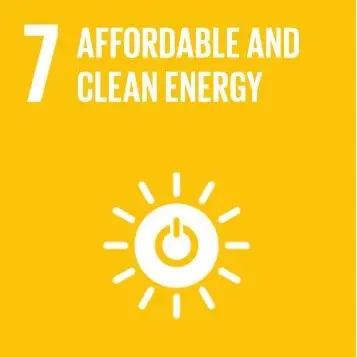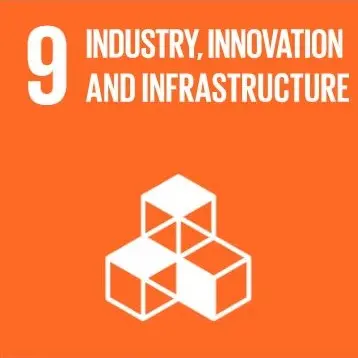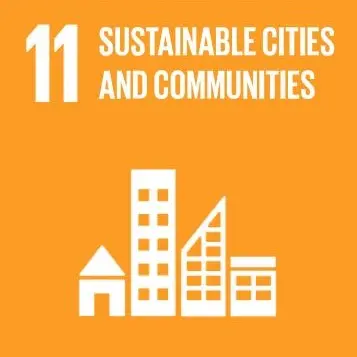Master Programme in Energy Systems (online) 120 cr
In the future, more people with technical educations will be needed in order to meet the demands for efficient energy usage and renewable energy. During the course of the programme, you will expand your knowledge about energy systems as applied to regional, industrial and building contexts.
Credits
120 cr
Application code
HIG-19706
Application deadline
januari 15, 2024
Form of education
Distance learning
Language
English
Study time
september 2, 2024–juni 7, 2026
Prerequisites
A completed Bachelor's degree, corresponding to a Swedish Bachelor's degree (180 ECTS), or equivalent academic qualifications from an internationally recognised university.
The degree must be within the area of energy, mechanics, building or another adequate subject area. Also required is a minimum of 12 ects in Thermodynamics and Fluid mechanics.
English language proficiency equivalent to (the Swedish upper secondary school) English course B/6.
Selection
Higher education credit
Credits
120 cr
Application code
HIG-19716
Application deadline
april 15, 2024
Form of education
Distance learning
Language
English
Study time
september 2, 2024–juni 7, 2026
Prerequisites
A completed Bachelor's degree, corresponding to a Swedish Bachelor's degree (180 ECTS), or equivalent academic qualifications from an internationally recognised university.
The degree must be within the area of energy, mechanics, building or another adequate subject area. Also required is a minimum of 12 ects in Thermodynamics and Fluid mechanics.
English language proficiency equivalent to (the Swedish upper secondary school) English course B/6.
Selection
Higher education credit
About the programme
Reducing energy demand in buildings is essential to the achievement of a sustainable built environment. At the same time, it is also important to create and maintain a comfortable and healthy indoor environment in inhabited spaces and required thermal and air quality conditions in uninhabited enclosures with an energy efficient Heating, Ventilation and Air Conditioning (HVAC) system. A strong emphasis is placed on dealing with energy engineering and research tasks with due consideration of technical, environmental and socioeconomic issues. Advanced optimization and simulation as well as measurement techniques are applied to identify, describe, quantify and find solutions to a diverse range of energy problems.
In this programme you will learn a multi-dimensional approach, which means that the building is evaluated from different point of views as well as with different system boundaries. As evaluation methods, advanced measurements technique, energy simulation, computational fluid dynamic (CFD) simulation, psychological and cognitive functioning, intervention methods as well as life-cycle assessment (LCA) for quantification of the environmental impacts will be covered. This unique programme will focus not only on system and component levels but also on all aspects from technology to human response and environmental impacts.
The programme is internationally attractive since Sweden has a strong position in the building technology, indoor climate technology, energy systems and environmental technology both at the academia and industry. Students will benefit from this by close cooperation with our university and industrial partners in different forms. The learning processes are driven by traditional lectures and laboratory moments as well as project based courses with close collaboration based on actual problems experienced by industry and society.
The major provide proficiency in project design and implementation, operation and maintenance, as well as in crucial phases of policy generation.
This study major has a total duration of two-years taught courses (120 ECTS credits) including a thesis project work (30 ECTS credits). The programme is open to applicants from all over the world. The official language throughout the studies is English. There are no restrictions related to geographical location. The program is a distance-based educational program and all courses can be followed online (the lectures notes will be available online on a web-based learning management system for watching at any time).
However, some courses have occasions such as seminars or project presentations as an examination moment where the student needs to be visibly and orally present online.
MORE INFORMATION
Ph. D. Nawzad Mardan, nadman@hig.se
Degree
Master of Arts/Science (120 Credits)
Fields within the programme Year 1
The future needs sustainable energy systems
The two-year Master Programme in Energy Systems offers further in-depth studies of energy systems in buildings, including applied studies in the field of sustainable cities in the second year. The in-depth studies on energy systems in buildings are geared towards simulation, optimisation and measuring techniques of and in buildings.
Engineer in different roles
As a graduate, you have a good knowledge of regional and industrial energy systems, but with the additional dimension of peak competence within the field of energy systems in buildings. Future work assignments may include innovative solutions that promote future demands for climate-neutral energy systems.
Another need is that you, after this education, have great opportunities to advance into third-cycle studies.
Labour market with long-term requirements
There is presently a great demand for students with a degree in energy-related fields, and the high demand is anticipated to continue in the foreseeable future. This demand is caused by the generation shift in combination with a significant social interest in creating sustainable energy systems, i.e., to use the available resources as efficiently as possible while taking economy, environment and energy into consideration.
After you have completed the programme, you can work as an engineer within construction, development, project planning, contract and administration. Energy companies, consulting firms, the industry, the property business etc. have a great need for engineers to develop the energy systems of the future.
The Global Goals



This page was last updated 2024-04-17

